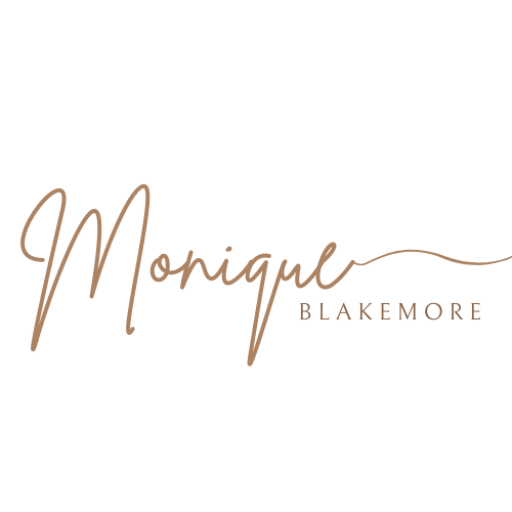International Speaker
Monique has spoken on five continents, including at the United Nations in Geneva and New York

2025
United Nations, New York. June 2025
I spoke at the Conference of States Parties (CoSP) at the event Numbers Don’t Lie. Disability Autism, Sexual Abuse & Bodily Autonomy. This event was sponsored by the Malta and Spanish Governments and co-sponsored by UN CEDAW and UN CRPD.
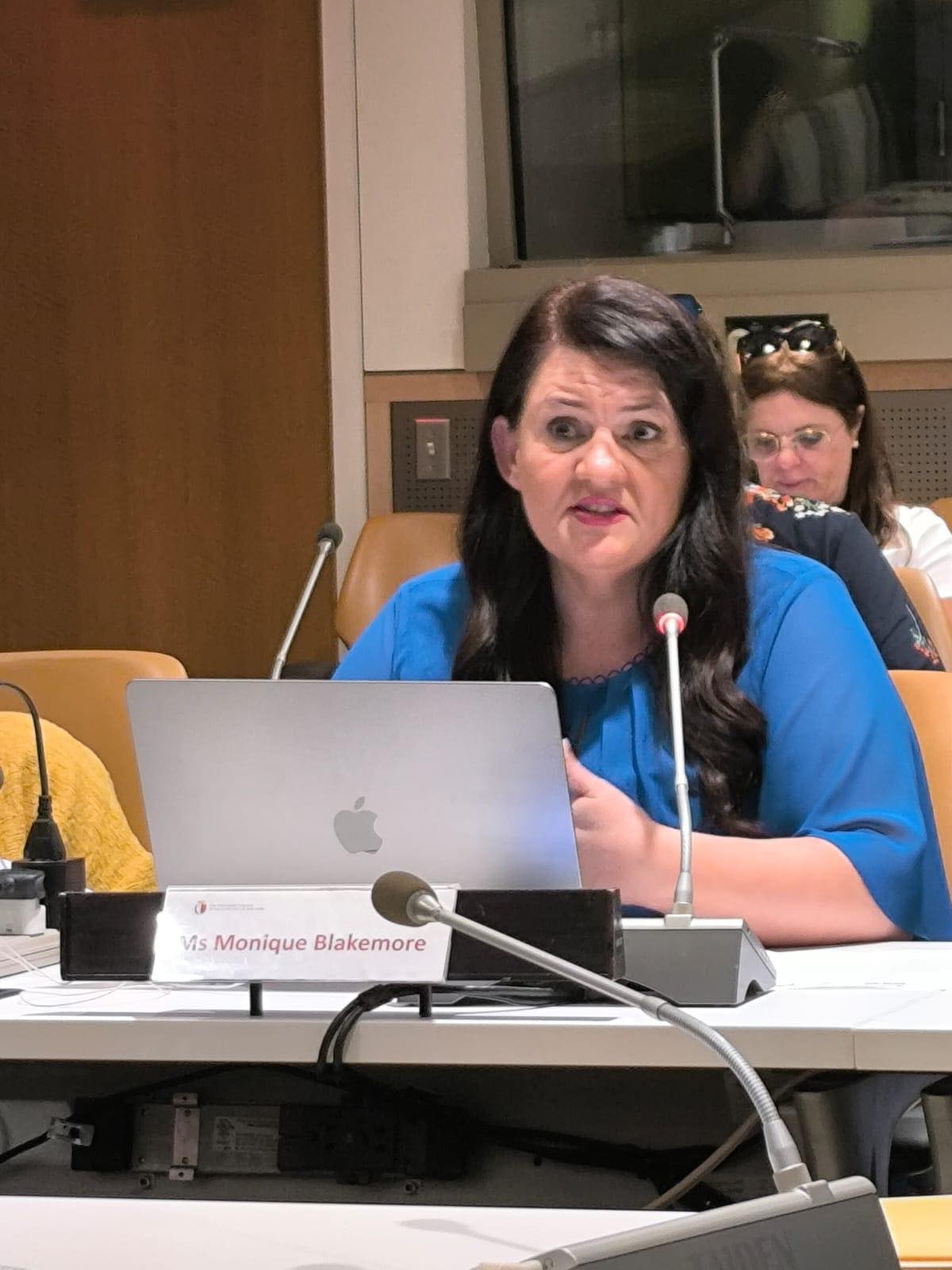
United Nations, Geneva, Switzerland. February 2025
I spoke for the CEDAW (Committee on the Elimination of Discrimination Against Women) 90th Session at the half day discussion on Gender Stereotypes. My speech was supported by a written submission.
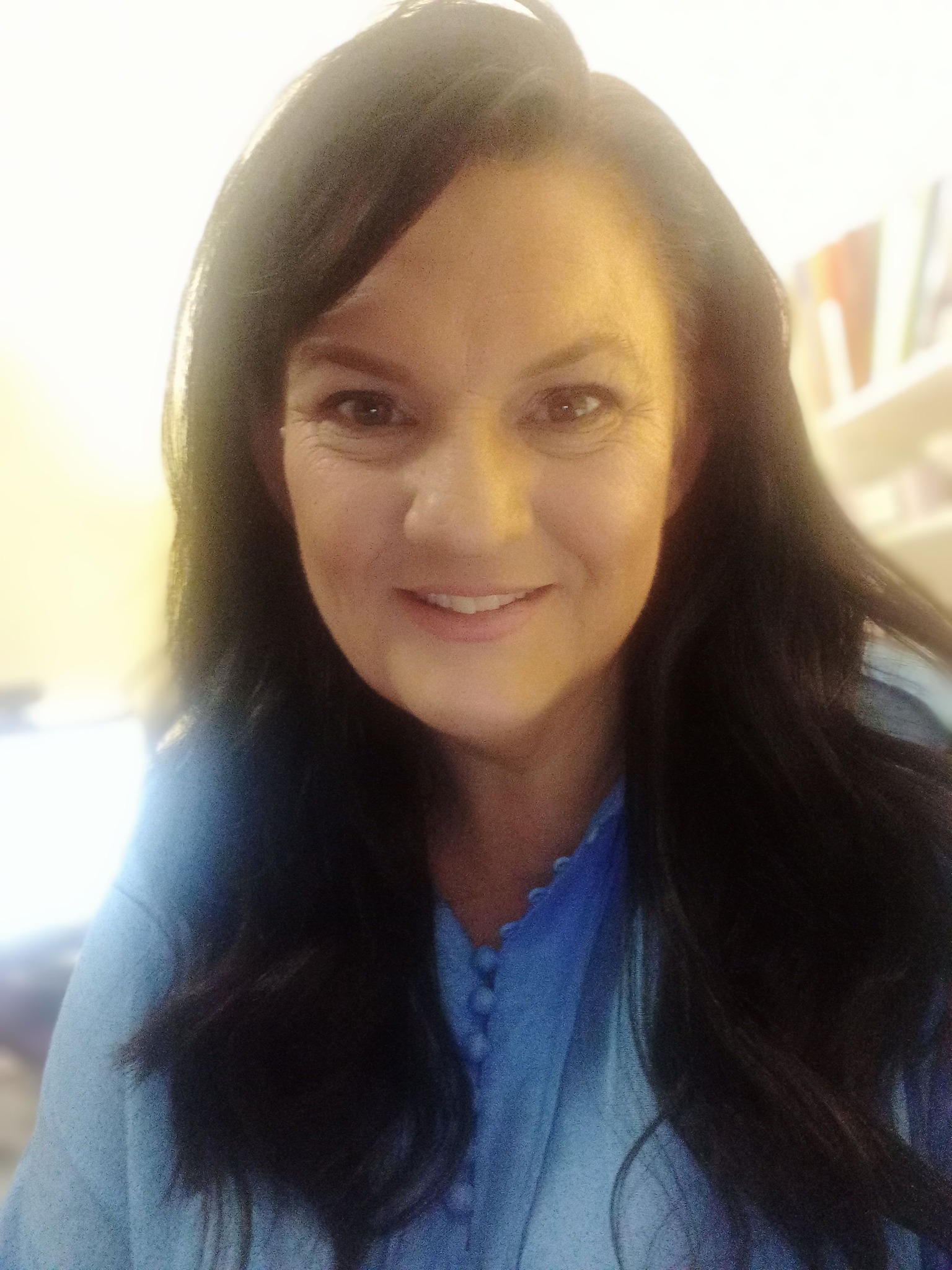
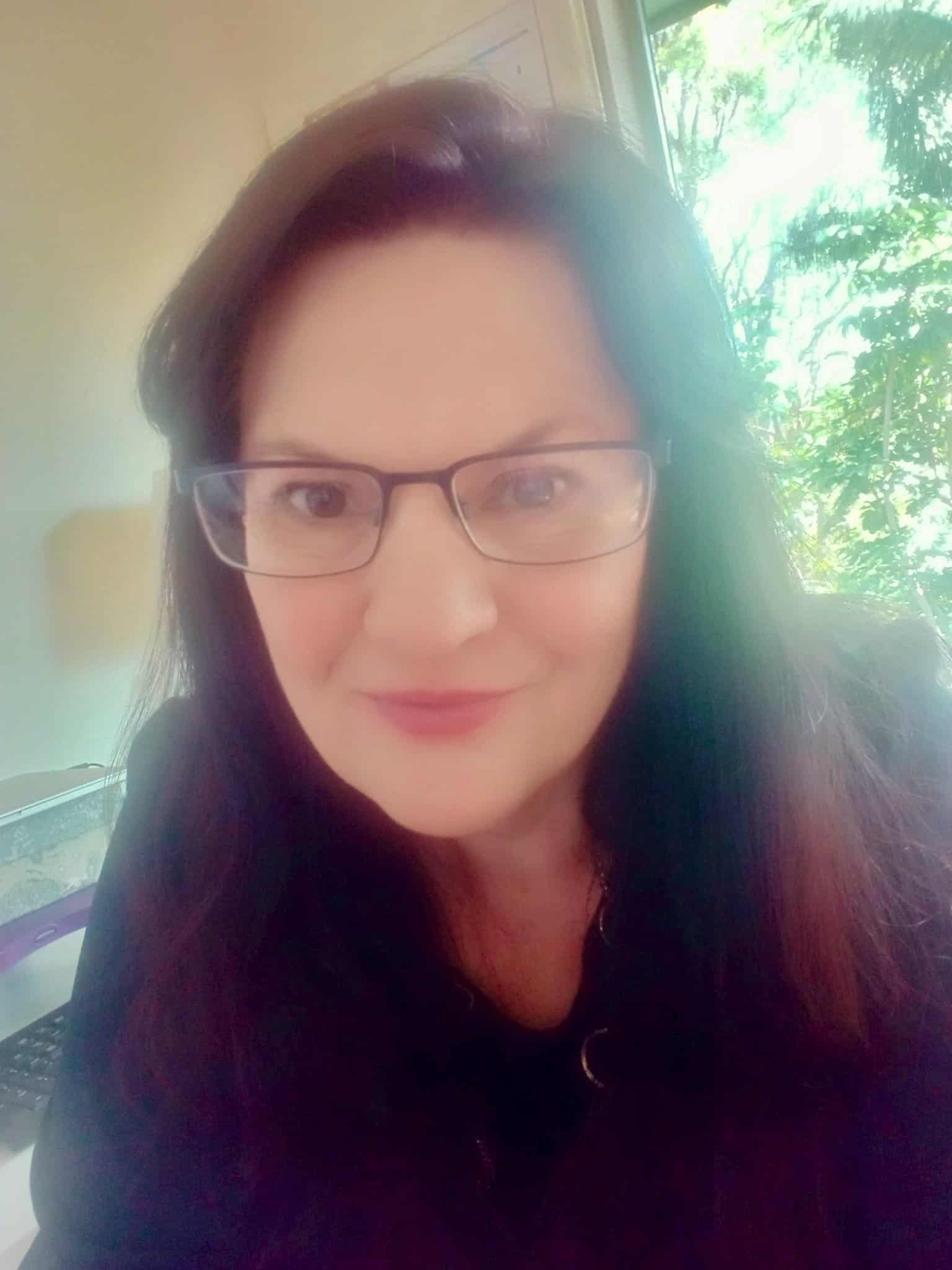
One of my dear friends, Alistair, we started our journey together at the European Commission in Brussels. What brought us together wasn’t a title or a policy brief. It was curiosity. We sat beside each other asking questions, not just about systems, but about people, us, our work and our lives. Building a friendship. Valued colleagues. A side event at CoSP co-created with care and purpose with sponsorship by the Spanish and Malta governments. And we have history of doing this together. And to me, that’s what intentional networking looks like. Not handing out business cards. But building relationships rooted in respect.
Previous Years
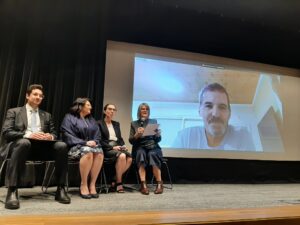
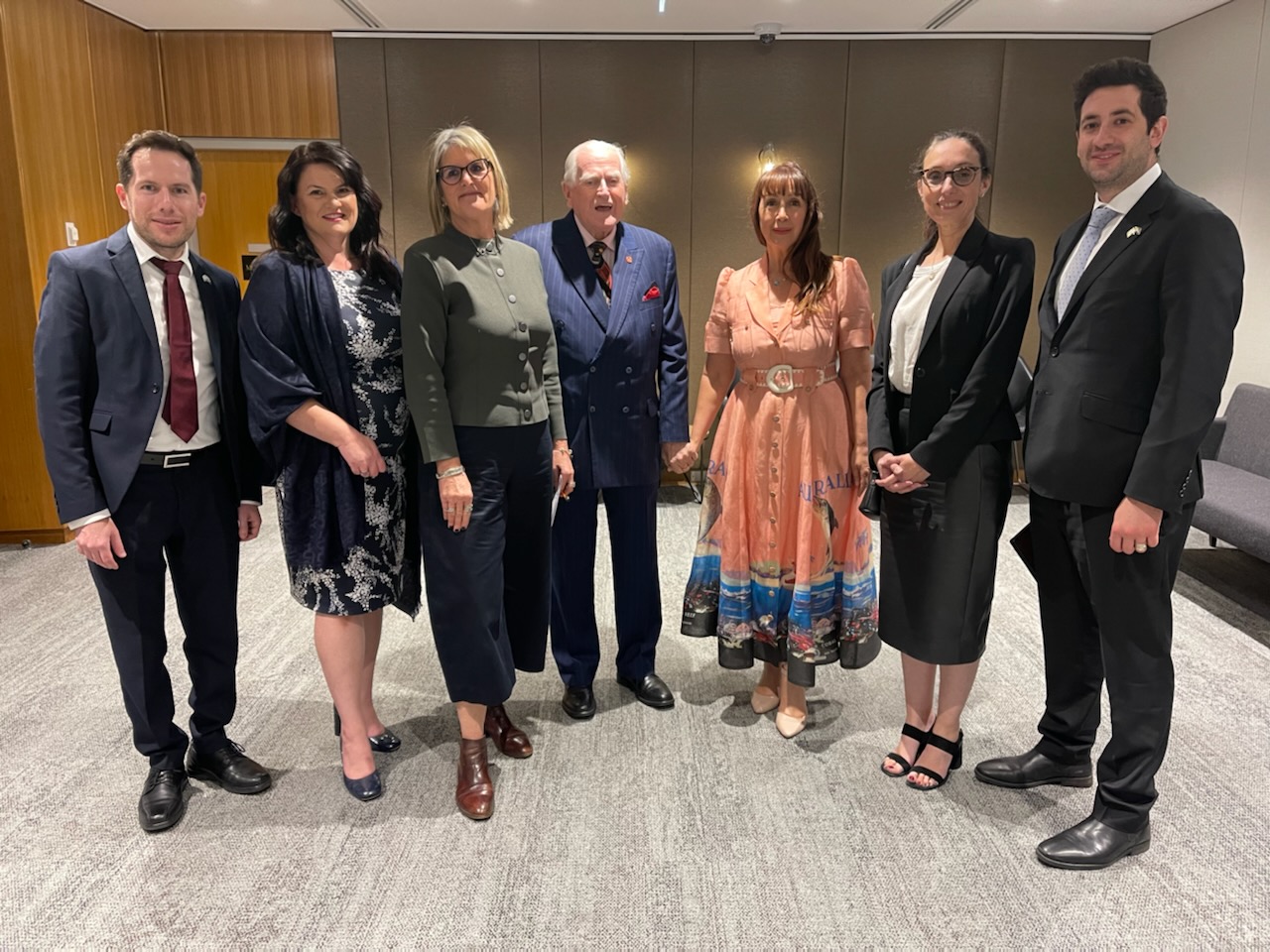
Parliament House, Sydney Australia. Guest of Israel Embassy and Rev Fred Nile MP.

Master of Ceremonies for the
national launch of the Senate Autism Inquiry Final Report
The launch of the Senate Report was delivered via webinar alongside:
• Senator Hollie Hughes (Chair)
• Senator Carol Brown (Deputy Chair)
• Ms. Jenny Karavolas, Chair of the Australian Autism Alliance
The inquiry was the most extensive parliamentary process ever undertaken
in Australia regarding the life outcomes, rights, and needs of autistic people.
Speech For Launch Of the Senate Autism Inquiry Report
“On the 25th March the Senate Select Committee Inquiry’s history-making report on Autism was tabled in Parliament. This Select Committee Inquiry report has the capacity to make a significant and tangible improvement to the lives of the 650,000 Autistic people, their families and carers living in Australia. This is the first time there has been such a broad-ranging national inquiry into our lives.
We now have over 80 recommendations for positive change across diagnosis, education, healthcare, employment, housing, social inclusion, advocacy, research, justice and rights. Central to the report is a recommendation for a National Autism Strategy to be co-designed with Autistic people and the autism community, that will coordinate initiatives across government and address whole-of-life needs.
The Australian Autism Alliance commend the committee for recognising the needs of vulnerable sectors of our community including First Nations, Culturally and Linguistically Diverse communities, people with complex needs, gender diverse, low income, and those who live in remote communities. The report contains important recommendations to address our intersectional inequities.
As an Autistic advocate, and the mother of two Autistic young men, I am glad to see the needs of Autistic women and girls, barriers to diagnosis, our reproductive and maternal health, stigma and discrimination of being parents was highlighted.
As a community we know that outcomes for Autistic people are worse than what they are for the general population, and indeed, worse than other disability groups. Disability policies have failed to capture the needs of Autistic people. We have fallen through systemic gaps.
For this inquiry, our community made sure we were heard with over 180 submissions and many providing testimony at the hearings.
In participating in the Inquiry, Autistic people, their parents and carers have had to revisit incidents of deep pain and inequality. It has been at times traumatising. The Australian Autism Alliance honours your personal commitment to inform the committee despite the personal sacrifice this may have had to yourself.
We recognise that not every single Autistic person or organisation will agree with every recommendation in this report. Critically, we finally have in front of us a plan to make a real difference for our future. We, the autism and Autistic communities, must come together and be a united voice to ensure the recommendations of this report are implemented”.
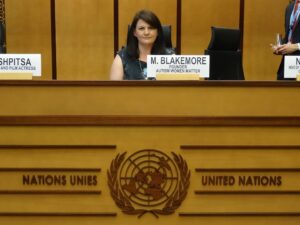
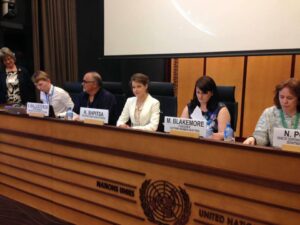
United Nations, Geneva, Switzerland, headquarters of the Office of the United Nations High Commissioner for Human Rights
Volunteerism – Avenue for Social Transformation’ Conference organised by Russia ICVolunteers in partnership with the UN-mandated University for Peace and the Forum of Catholic-Inspired NGOs.

United Nations, Geneva, Switzerland.
Working with Erich KofneI, from Autistic Minority International, we arranged a private thematic briefing for UN CEDAW (Committee on the Elimination of Discrimination Against Women).


United Nations, New York, USA.
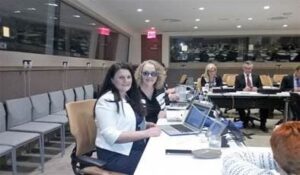
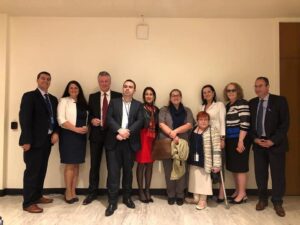
United Nations, New York, USA.
Leave No Autistic Mother Behind panel discussion. Sponsored by the Malta Government and United Nations Department of Economic and Social Affairs (UN DESA).
Morocco, Online Presentation.
Let’s See Autism As Neurodiversity panel event was formulated after connecting with Ferdaoud Eddhimine after the passing of our mutual friend, Soumia Armani. Soumia was a central figure in bringing autism awareness to Morocco that led to her election as a member of the UN CRPD.
My co presenters were:
– Mehdi Benmousa, Morocco/France
– Meryem Ouahmane, Morocco/Canada
– Bob Buckley, Australia
– Geraldine Robertson, Australia.
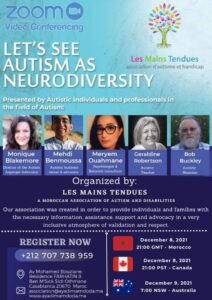
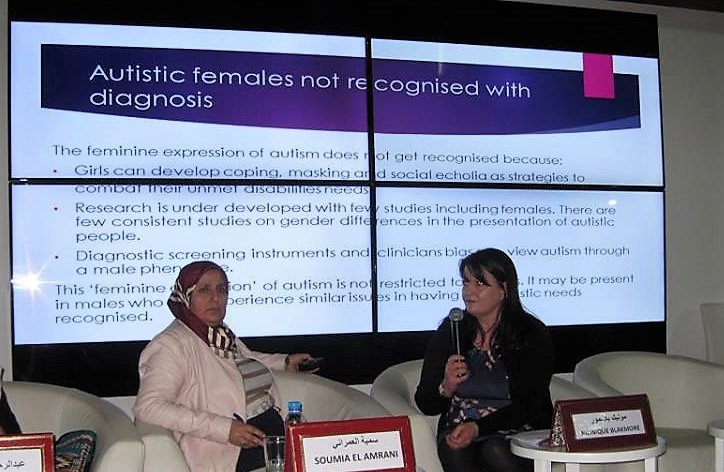
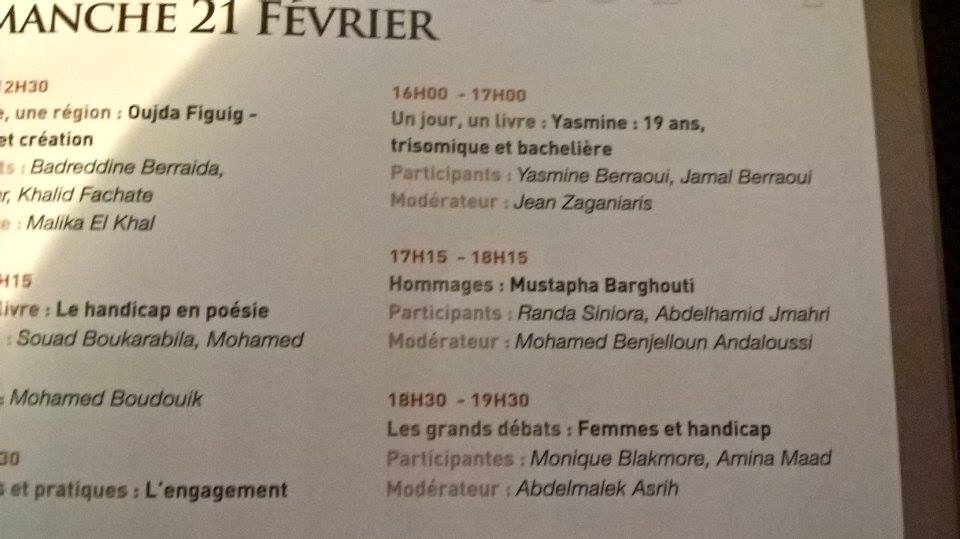
International Book Fair, Casablanca, Morocco
An event with over 25,000 attendees where I presented on Autistic women and girls. A rich learning experience, meeting advocates and change makers from countries not yet reached in my work including Mustafa Barghouti, who serves as General Secretary of the Palestinian National Initiative, also known as al-Mubadara, and head of the Palestinian Medical Relief Society.



World Human Rights Forum, Marrakesh, Morocco.
This event was held under the patronage of King Mohammed VI. With over 7,000 participants, including human rights activists, academics, policymakers, representatives from UN agencies, and civil society organizations from around 95 countries.
